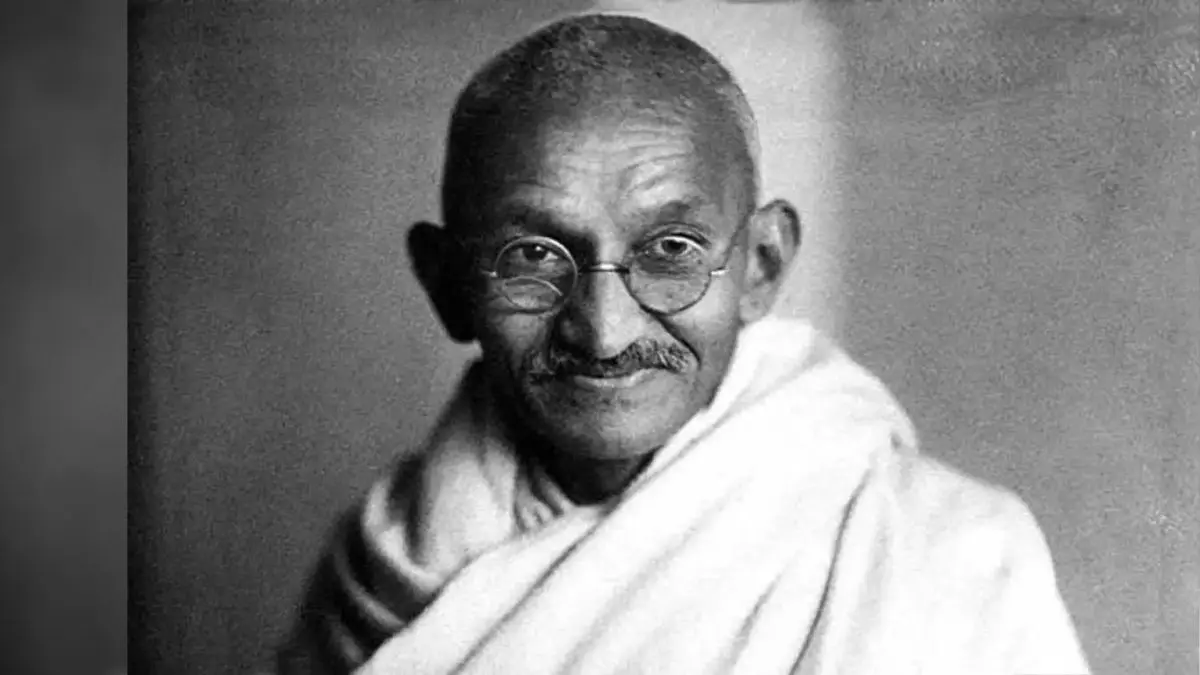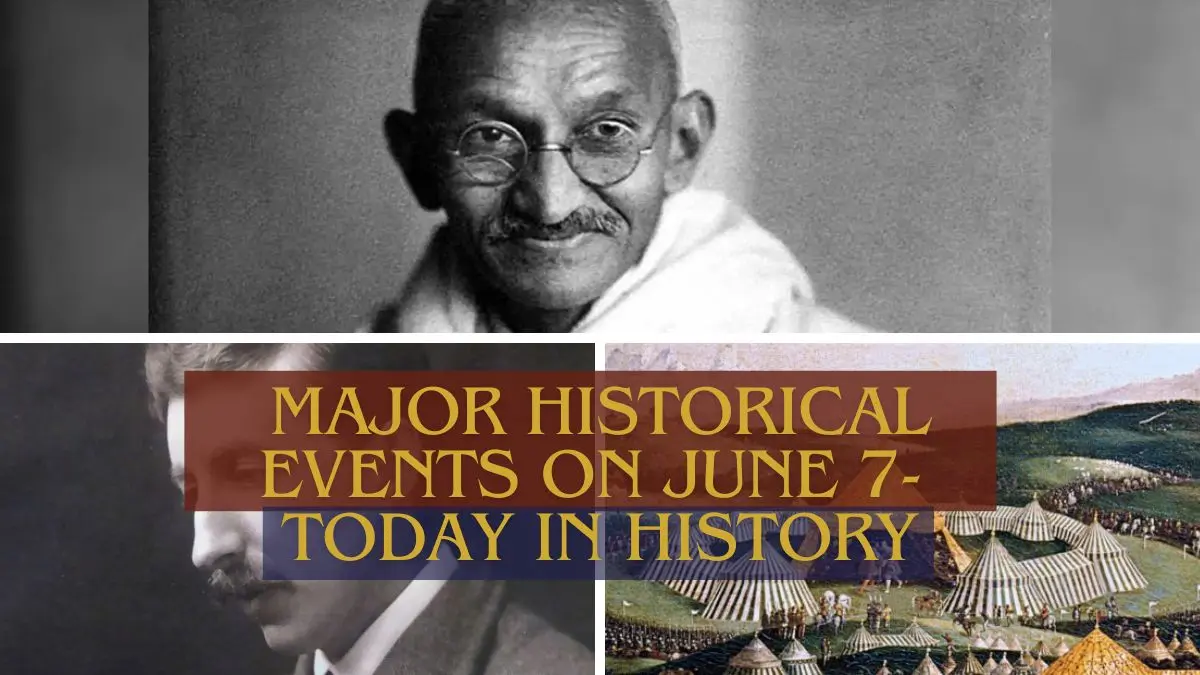Imagine waking up on June 7 in different eras—each year bringing its own tale of transformation. Let’s revisit the Major Historical Events on June 7.
Major Historical Events on June 7- Today in History
Treaty of Tordesillas – 1494 AD
The Treaty of Tordesillas, signed in 1494 between Spain and Portugal, aimed to resolve territorial disputes over newly discovered lands. This agreement was crucial in dividing the New World between the two Iberian powers, with the eastern lands going to Portugal and the western to Spain.
Field of the Cloth of Gold – 1520 AD
In June 1520, King Henry VIII of England and King Francis I of France met near Calais, France, at the Field of the Cloth of Gold. This extravagant summit aimed to strengthen the bond between the two nations through diplomacy and grand displays of wealth.

Martin Frobisher’s Expedition – 1576 AD
English navigator Martin Frobisher set sail in 1576 seeking a Northwest Passage to the Pacific Ocean. His journey led him to the discovery of Labrador, Baffin Island, and the bay now known as Frobisher Bay, marking significant progress in Arctic exploration.
Founding of the British Museum – 1753 AD
The British Museum was established by an Act of Parliament in 1753, receiving royal assent from King George II. It officially opened its doors to the public in 1759, becoming the world’s first national public museum.
Reform Act – 1832 AD
The Reform Act of 1832, authored by Prime Minister Charles Grey, 2nd Earl Grey, expanded the electorate for the House of Commons. This landmark legislation was the first of several British parliamentary reforms that modernized the electoral system and improved representation.
Gandhi’s First Act of Civil Disobedience – 1893 AD
Mahatma Gandhi’s first act of civil disobedience occurred on June 7, 1893, in South Africa. Gandhi, then a young lawyer, defied racial segregation laws by refusing to leave the first-class compartment of a train, despite having a valid ticket.

Gwendolyn Brooks’ Birth – 1917 AD
Poet Gwendolyn Brooks, born on June 7, 1917, became the first African American to win the Pulitzer Prize for Poetry in 1949. Her work poignantly depicted the everyday lives of urban African Americans and cemented her place in literary history.
Lateran Treaty and Vatican City – 1929 AD
The Lateran Treaty, signed on February 11, 1929, and ratified on June 7, 1929, established Vatican City as a sovereign state. The agreement, signed by Benito Mussolini for Italy and Cardinal Pietro Gasparri for the papacy, resolved the “Roman Question” and defined the Vatican’s independent status.
Griswold v. Connecticut – 1965 AD
In the landmark case Griswold v. Connecticut (1965), the U.S. Supreme Court ruled that married couples have a constitutional right to use birth control. This decision was pivotal in establishing the right to privacy and reproductive freedom.
Death of E.M. Forster – 1970 AD
English novelist E.M. Forster, known for works like “Howards End” (1910) and “A Passage to India” (1924), died at the age of 91 on June 7, 1970. Forster’s Novels and essays critically explored social and class differences, earning him a lasting legacy in literature.

Graceland Opens to Public – 1982 AD
Elvis Presley’s Graceland, located in Memphis, Tennessee, opened to the public in 1982. It quickly became one of the most popular tourist attractions in the United States, drawing fans from around the world to the iconic musician’s former home.
Death of Abu Musab al-Zarqawi – 2006 AD
Abu Musab al-Zarqawi, the Jordanian-born leader of al-Qaeda in Iraq, was killed in a U.S. airstrike on June 7, 2006. Zarqawi was widely believed to be behind numerous terrorist attacks and played a significant role in the insurgency in Iraq.
Also Read: Major Historical Events on June 6- Today in History









